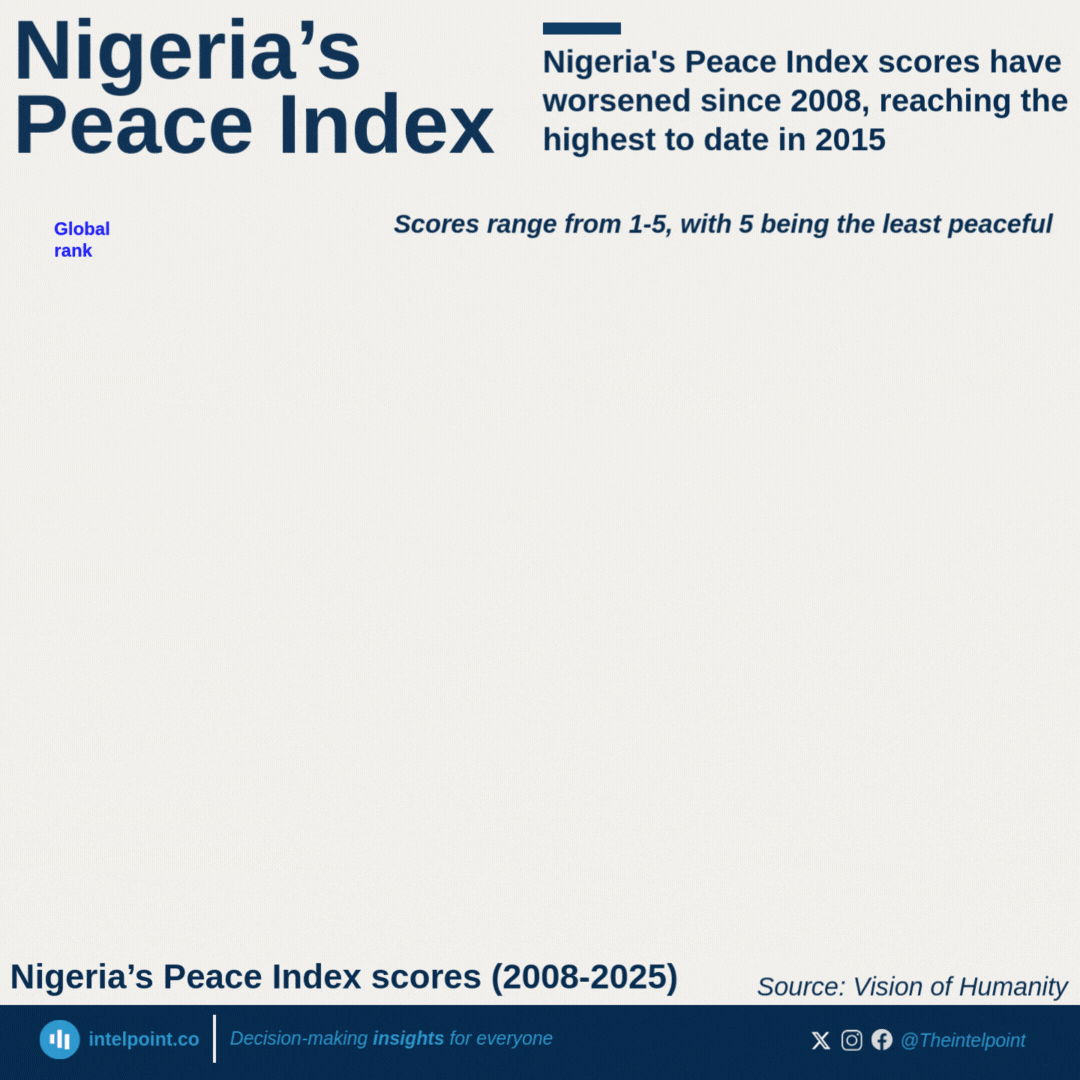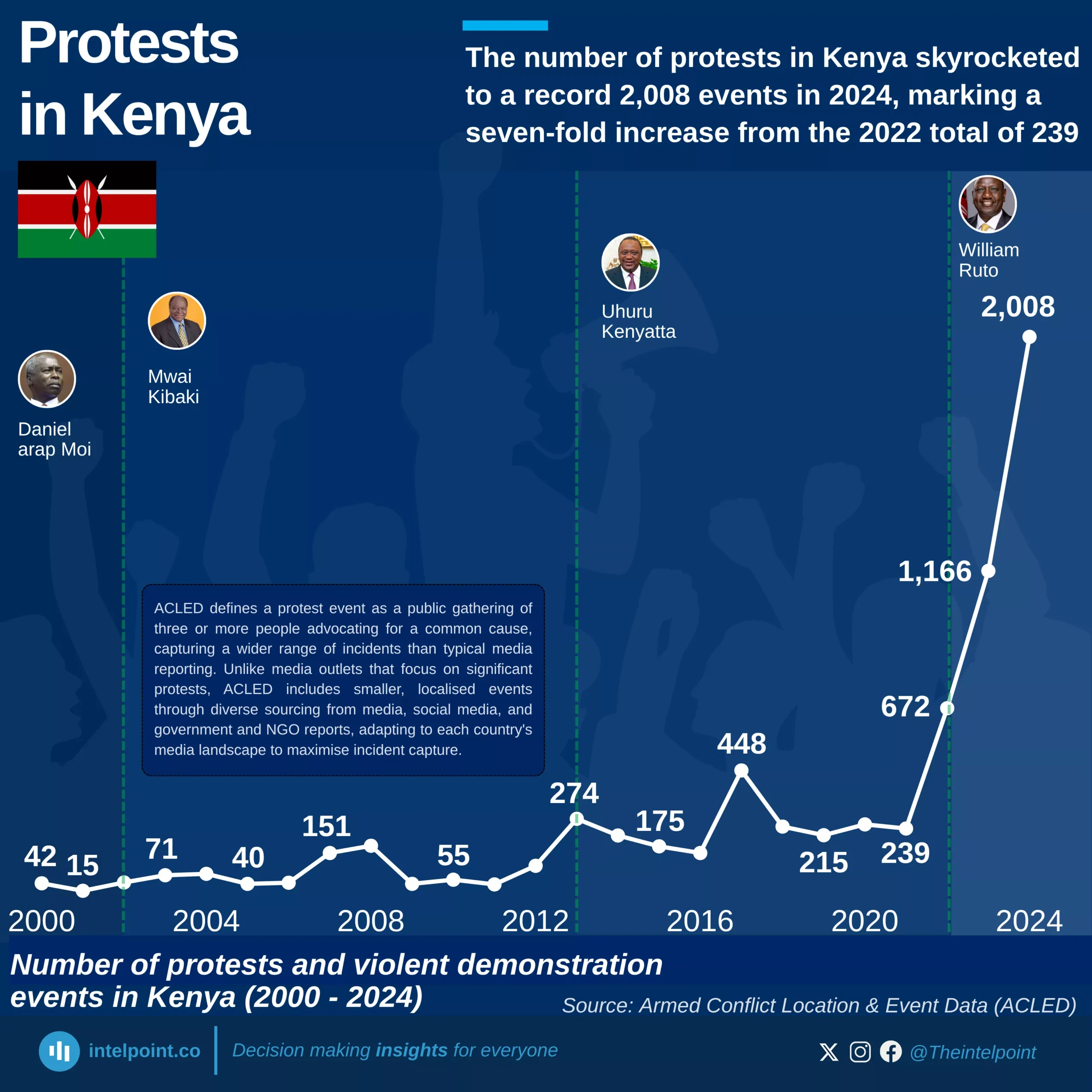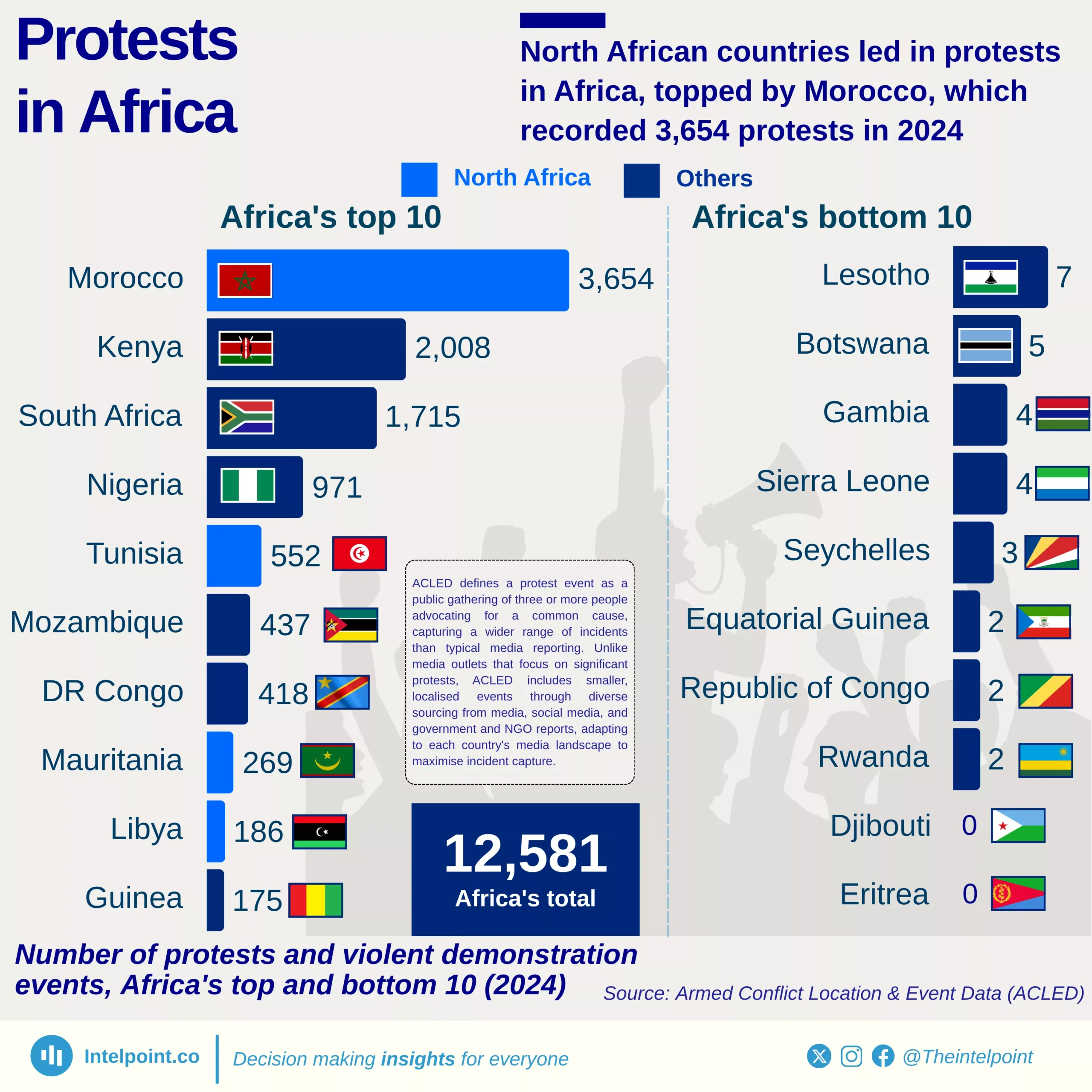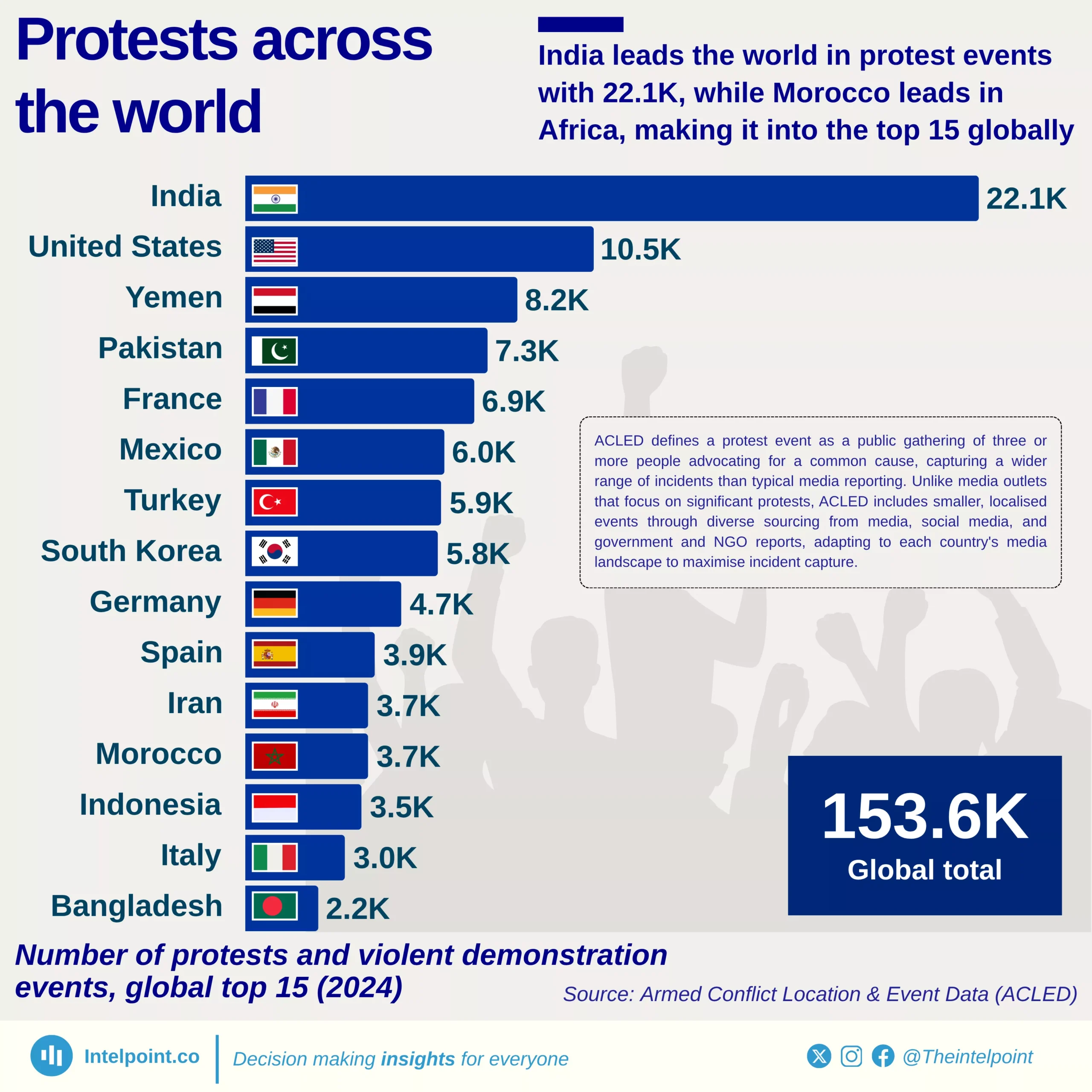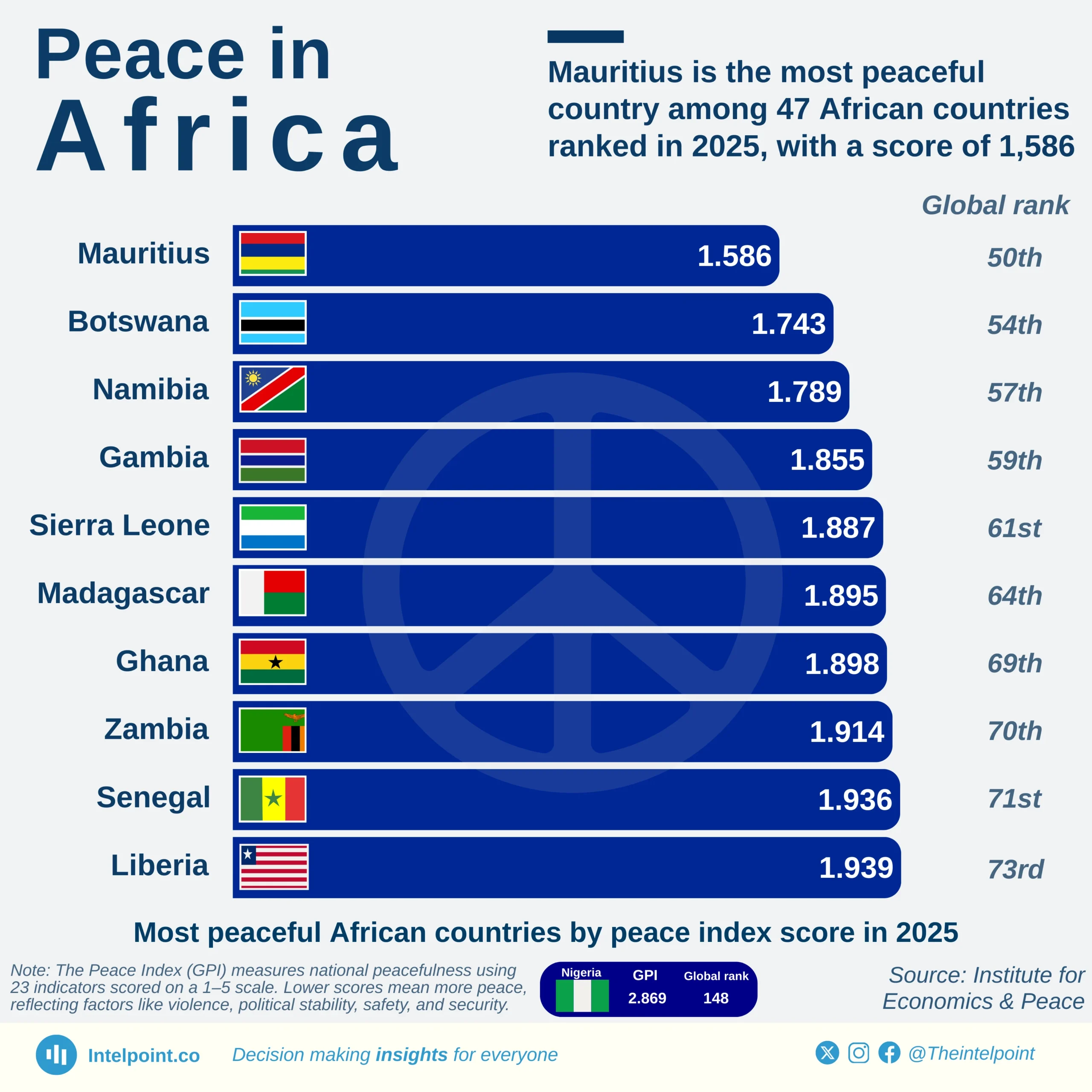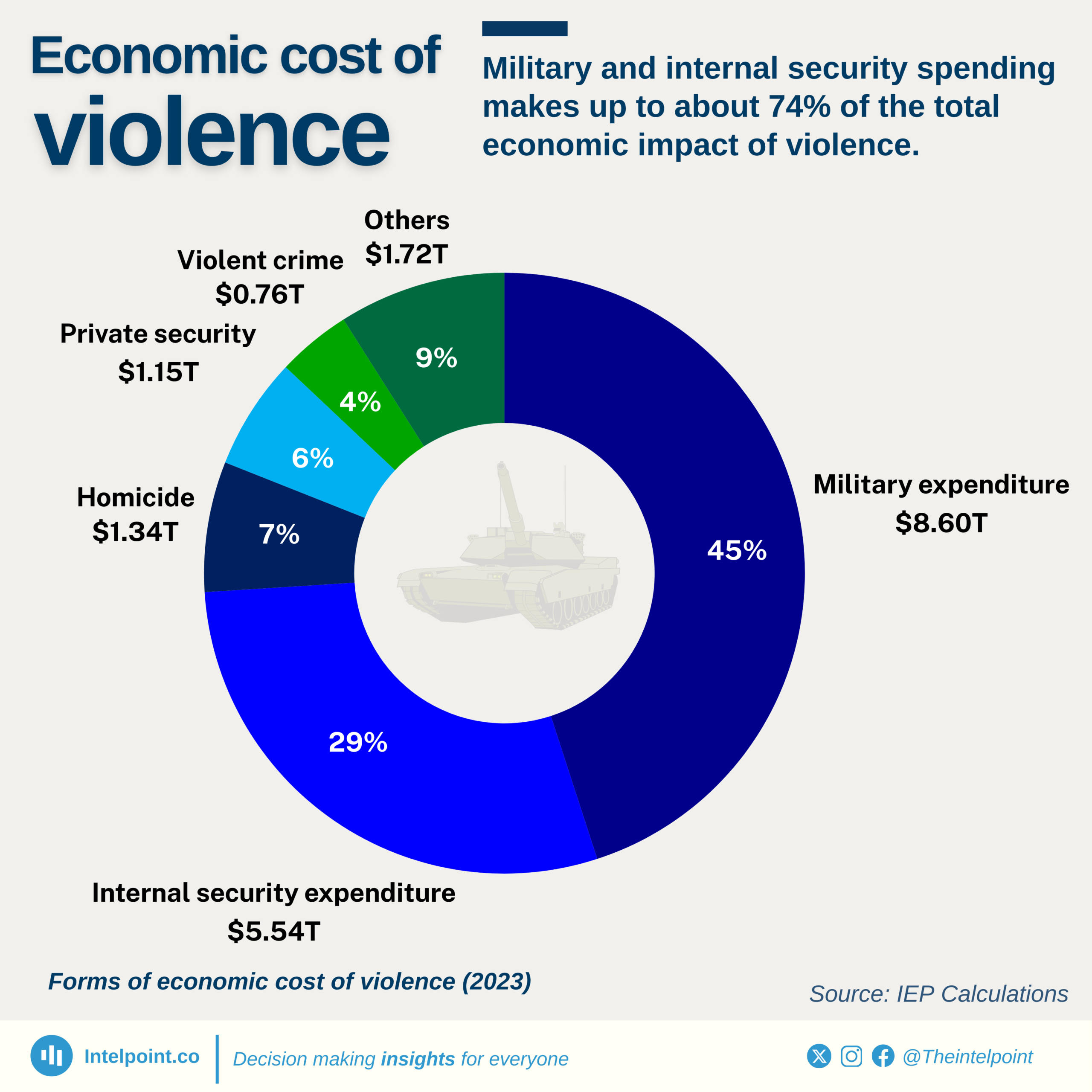Nigeria has witnessed a steady surge in protest activity over the last two decades, reaching its highest levels under recent administrations. From just 20 protest events in 2000, the number climbed dramatically to 1,008 in 2020 under President Muhammadu Buhari. The data shows that civic activism and public demonstrations have grown in frequency and scale, reflecting both greater social awareness and deepening public frustration over governance, economic hardship, and insecurity.
The sharpest increase occurred during Goodluck Jonathan’s tenure, when protests grew from 53 in 2011 to 696 in 2015. This trend accelerated under Buhari, with the number of demonstrations nearly doubling to a peak of 1,008, signalling an era marked by heightened public dissent. Under the current Bola Tinubu administration, protest levels remain high, with 971 incidents recorded in 2024.
